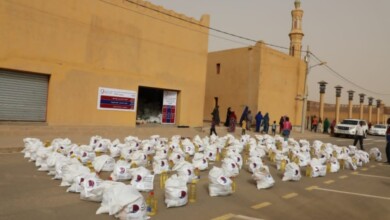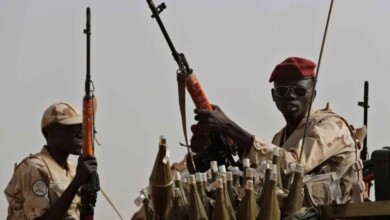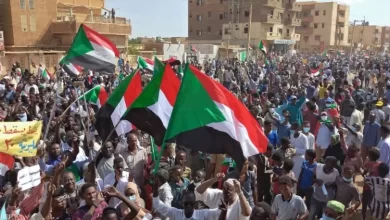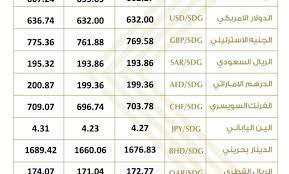The Islamists and Fueling the War in Sudan: Hidden alliances and bloody tactics
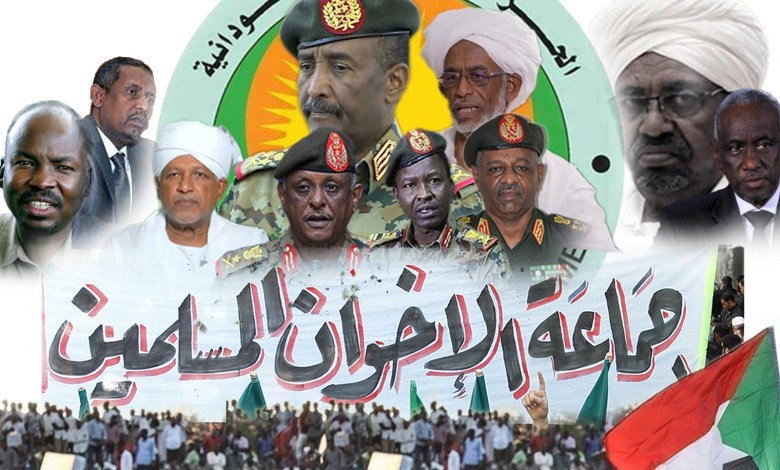
Following the outbreak of the war in Sudan between the Sudanese Armed Forces (SAF) and the Rapid Support Forces (RSF) in (April 2023), it has become rather clear that the armed conflict isn’t only taking place on the ground, but is also fueled by political and organizational forces that -until recently- weren’t part of the scene. Most notable amongst which, is the Islamic Movement, as it was overthrown by the glorious (December 2019) revolution. However, this particular Movement, deprived of power after three decades of authoritarian rule, has yet to entirely leave the scene. Rather, it has managed to successfully reorganize its ranks within the core of the conflict, adopting a worrisome destructive role that further deepens the crisis and undermines the opportunities of achieving a peaceful solution.
Islamists and the War: A Project to Return, Stepping Over the Ruins of the State
With the outbreak of the conflict between the Sudanese Army and the Rapid Support Forces, the Islamists, particularly those affiliated with the dissolved National Congress Party (NCP), quickly entrenched themselves within the military establishment and attempted to reassert their authority by supporting the military option and fueling the conflict with religious rhetoric. They exhibited no intention of supporting peace efforts. Instead, they hijacked the conflict and directed it to become an “ideological battle,” portraying the war as a holy jihad in an effort to restore the Islamic project that collapsed with the fall of Al-Bashir.
Their rhetoric, which dominated pro-government media outlets and social media pages, was characterized by blatant incitement, transforming the battle into a conflict between “faith and infidelity,” utilizing a language and rhetoric similar to that of transnational jihadist groups.
ISIS-like Methods: From Slicing Bellies Open to Slaughter on Basis of Identity
Most alarmingly, some of the horrific crimes committed during this conflict, particularly in the states of Darfur and Khartoum, bear a resemblance to the methods utilized by (ISIS). There are documented reports of field slaughters, the slashing of pregnant women, and killings based on ethnic or religious identity —practices that indicate the presence of takfiri groups on the battlefield.
The aforementioned crimes, some of which have been documented by Sudanese and international human rights organizations, demonstrate a dangerous slide towards the jihadist Islamization of the conflict and raise questions regarding the extent of extremist elements’ infiltration into the military camps.
The Islamists as Obstacles to Achieving Peace
The rhetoric and practices adopted by the Islamists at this stage confirm that they aren’t seeking to built an inclusive State, instead they’re desperately attempting to maintain an exclusive authority, even if it comes at the expense of the nation’s unity and the safety of its citizens. They have used all possible means to thwart political initiatives, discredit civil forces, and demonize any call for a ceasefire or a comprehensive political settlement.
Nevertheless, despite their attempts to whitewash their image through the media or some of their affiliated leaders, the reality on the ground confirms their continued role in fueling and prolonging the war.
Neutralizing the Destructive Role
Sudan realistically has no hope of recovery as long as the radical Islamist Movement dominates the joints of military decision-making, infiltrating the conflict. Its impossible to discuss a democratic transition or building a State of institutions unless the political and security infrastructure built by Islamists over thirty years is dismantled and their leaders are held accountable for past and present crimes.


